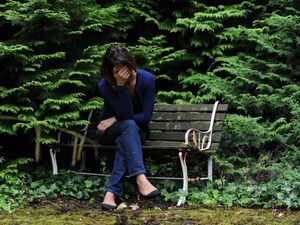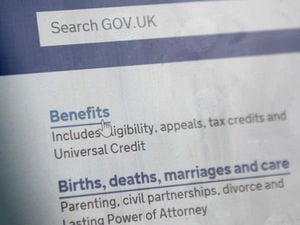Hormones linked to sleep apnoea and snoring in postmenopausal women – study
Researchers suggest adjusting female sex hormones might be a way to reduce the high prevalence of obstructive sleep apnoea.

Hormones may be linked with breathing issues while asleep and snoring in postmenopausal women, new research suggests.
According to the study, middle-aged women with low levels of the sex hormones oestrogen and progesterone are more likely to snore and to report symptoms of obstructive sleep apnoea (OSA).
Researchers suggest adjusting female sex hormones might be a way to reduce the high prevalence of the condition.
But until now, no study has examined whether this is the result of altered sex hormone levels.
The study authors said: “Female sex hormones are crucial for health and disease, and especially after menopause the hormone status should be considered to develop holistic treatment strategies.”
They conclude: “Middle-aged women with low serum oestrogen and progesterone levels are more likely to and report symptoms of obstructive sleep apnoea.”
In the new study, researchers analysed data from 774 women aged 40 to 67 in the European Community Respiratory Health Survey, conducted in seven countries between 2010 and 2012.
They had answered questionnaires on their respiratory health, women’s health factors, lifestyle and sleep, and gave blood samples for hormone analysis.
Of the sample, 551 (71.2%) had been told they snored, and 411 of those women also reported other symptoms of sleep apnoea.
Among all women, a doubling of concentrations of the hormone oestrone was associated with 19% decreased odds of snoring.
While a doubling of progesterone levels was associated with 9% decreased odds of snoring, the study found.
Among snorers, a doubling of the concentrations of three oestrogens was associated with 17% to 23% decreased odds of women having been told they breathe irregularly during sleep.
The research also found that a doubling of progesterone concentration, among snorers, was associated with 12% decreased odds of having woken with a choking sensation in the previous year.
Researchers say further studies are needed to confirm the findings published in the PLoS One journal.





